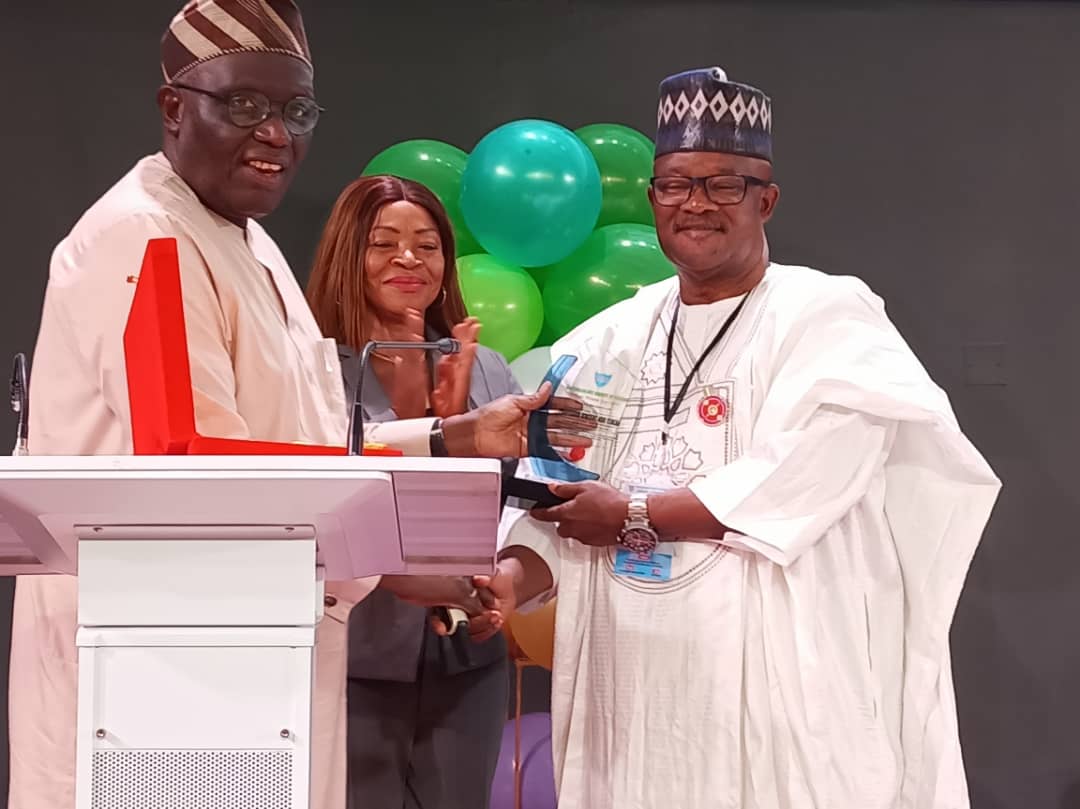NBMA vows strict sanctions against unauthorised GMO imports
By Abigael Joshua
The National Biosafety Management Agency (NBMA) has reaffirmed its commitment to a strict approval process for Genetically Modified Organisms (GMOs) and warned that violators of the law will face sanctions.
Mrs Gloria Ogbaki, Head of Information and Public Relations at the agency, gave the assurance in an interview with the News Agency of Nigeria (NAN) on Monday in Abuja.
She said the agency’s attention had been drawn to ongoing debates surrounding the introduction of GMOs into Nigeria and urged the public to trust the country’s biosafety system.
“No GMO enters or is used in Nigeria without passing through the Agency’s strict, science-based approval process.
“Any importer or producer found to contravene the NBMA Act will face appropriate sanctions, as the Agency will not hesitate to enforce the law to protect Nigerians, the environment and biodiversity,” she said.
Ogbaki explained that NBMA, established under the NBMA Act of 2015 (as amended in 2019), serves as the competent national authority mandated to regulate the safe use of modern biotechnology and its products.
According to her, before any GMO can be imported, produced or commercialised in Nigeria, a detailed application supported by scientific data, risk assessments and safety studies must be submitted.
“Every application undergoes rigorous screening to ensure documents are complete and accurate.
“In keeping with our transparency mandate, the Agency publishes each application in at least two national newspapers and deposits copies at strategic locations for public review.
“This 21-day notice allows Nigerians and stakeholders to raise concerns or provide feedback, after which independent experts are brought into the process,” she said.
She added that the review process is handled by a National Biosafety Committee and a Technical Sub-Committee, comprising scientists from universities, research institutes, professional bodies and relevant government agencies.
Ogbaki said the committees examine molecular biology, toxicology, allergenicity, nutritional impact and potential environmental effects before any decision is made.
“Decisions are made strictly on science. Only GMOs proven to be as safe as their conventional counterparts are approved.
“Where approvals are granted, they are issued under strict conditions, with post-release monitoring and regular inspections to ensure compliance,” she said.
She noted that quarterly surveillance is also conducted and any breach attracts sanctions, including seizure, destruction or repatriation of unauthorised GMOs.
Ogbaki stressed that NBMA aligns its processes with global best practices, including standards set by the Food and Agriculture Organisation (FAO), Codex Alimentarius Commission and the Cartagena Protocol on Biosafety.
“Consumer rights are protected. Labelling of GMOs is mandatory by law to safeguard Nigerians’ freedom of choice.
“Nigeria’s biosafety framework has been recognised across Africa and has served as a model for other countries.
“NBMA assures Nigerians that no GMO is allowed into Nigeria without passing through the world’s most stringent regulatory processes.
“Our duty is to protect Nigerians, and we will continue to discharge this mandate with transparency, firmness and scientific integrity,” she said. (NAN)
Edited by Tosin Kolade





